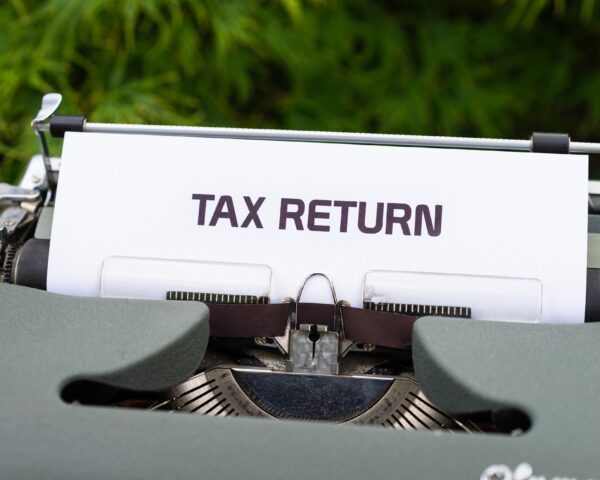We did an article on this a few months ago, but it’s all over the news at the moment so we’re revisiting the topic – back to basics.
What is inflation – Simply, it’s the rate of increase of prices of goods and services over a given period of time.
How is it measured? It’s measured monthly by the ONS (Office for National Statistics). There are two mechanisms:
1) CPI – The Consumer Price Index. This is the UK’s official inflation ‘yardstick’. It’s calculated by measuring the prices of a typical ‘basket’ of goods and services used by us Brits in our everyday lives.
What’s in the basket you ask? It covers everything from a loaf of bread to sports bras and meat-free sausages (both added in 2022). The items in the basket are a result of the Annual Family Expenditure Survey, completed by 6,000 people to work out what the average person is spending their money on. Items are added and removed each year to keep the basket current.
Each item is weighted depending on it’s importance, for example a food product has a greater bearing on CPI compared to a luxury product like Alcohol. The ONS looks at over 180,000 individual prices for over 720 products each month. Prices are collected from all across the UK.
2) RPI – The Retail Price Index. Not used for official purposes, and seen as an inferior measurement compared to CPI. However it’s been going since 1947 so it’s helpful for longer term historical trends. RPI is measured in a similar way, but it includes items removed from the CPI basket like estate agent fees, mortgage interest payments and the cost of the TV Licence.
What does the figure mean? Each month’s figure shows how much the prices have risen compared to the same date 12months ago.
Why is inflation rising now? A number of factors are playing into this but the Russian invasion of the Ukraine is probably the biggest factor, with knock on impact on the energy costs (oil and gas prices), petrol and diesel prices; and food prices with the war squeezing grain production.
What’s the answer? The Bank of England’s usual response is to raise interest rates. This can encourage people to save, but it also makes it more expensive to borrow. People have less money, they buy less, and hopefully prices stop rising.
However, when rising inflation is so closely linked to wider geopolitical issues there is a limit to how effective raising interest rates can be.









